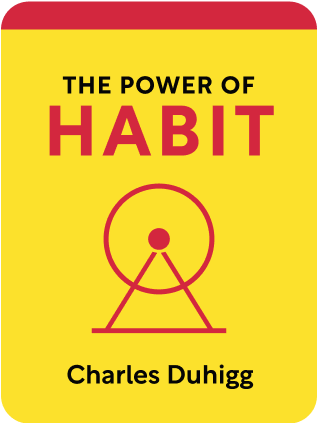

This article is an excerpt from the Shortform book guide to "The Power of Habit" by Charles Duhigg. Shortform has the world's best summaries and analyses of books you should be reading.
Like this article? Sign up for a free trial here .
Why do you need good work habits? How can good work habits help transform a corporate culture?
Good work habits are important for you personally, but you can also be effective in helping you transform your workplace. Having a positive corporate culture informs good work habits and vice versa.
Read more about having good work habits and how they can improve corporate culture.
Developing Good Work Habits
In 1987, the Aluminum Company of America (Alcoa) was struggling to grow in the face of competition. Its product quality was poor, and its workers went on strike when ordered to improve their productivity. This is why developing good work habits is so important.
The company’s shareholders hired a new CEO from government, Paul O’Neill. On his first investor meeting, he shocked the room by talking not about synergy or profits or competitive advantages, but about a simple focus: worker safety. He wanted to make Alcoa the safest company in the country. His stance was that if the company worked together to lower injury rate, they would have developed habits across the entire organization that prized excellence of work.
The investors were shocked – surely this was an insane, unprofitable area to focus on. But O’Neill was right – over his 13 year tenure, Alcoa grew its market value by 5 times and became more profitable than ever. Improving worker safety was a keystone habit that caused ripples of improvements through every major practice in the company.
The first step was making it known across the entire company that worker safety was the number one priority. People would be promoted and fired on achieving worker safety, so the reward was established.
Next, he put into place a simple habit:
- Cue: employee injury
- Routine: the unit president must report it to O’Neill within 24 hours and present a plan to make sure it never happens again
- Reward: all those involved would be given positive marks
Even just meeting the 24-hour requirement was a challenge in communication. The president would have to keep their ears open to presidents, who would need to be in touch with floor managers, who would need to be constantly on alert with the workers on the ground for injuries. Furthermore, floor managers would need to have plans prepared to prevent the injury from happening again. All of this opened up communication like never before, which had major benefits outside of just guaranteeing safety.
Other examples of new habits:
- Measuring productivity was now embraced because it helped indicate problem areas in the pipeline that could lead to injury. Unions had opposed it for years. This change then allowed managers to hold workers accountable for productivity.
- Equipment was regularly repaired and processes were redesigned. If a molten aluminum pourer was splashing, for example, it was replaced before causing injury. This also led to increased efficiency, less waste, and higher quality products.
- Paul O’Neill encouraged front-line workers to call him personally if they felt their managers weren’t taking safety seriously. They started calling him not just to talk about safety, but about other great ideas they had that no one was listening to.
Worker safety was essentially synonymous with product quality, efficiency, communication, and collaboration. When achieving worker safety, the company also had to improve many of its core functions, which in turn led to a superior position in the market.
Developing good work habits is an important part of having a strong corporate culture.

———End of Preview———
Like what you just read? Read the rest of the world's best book summary and analysis of Charles Duhigg's "The Power of Habit" at Shortform .
Here's what you'll find in our full The Power of Habit summary :
- The 3 steps to change your habits
- Why habits are at the root of success in football
- How social movements are just an expansion of habits from individuals to communities






